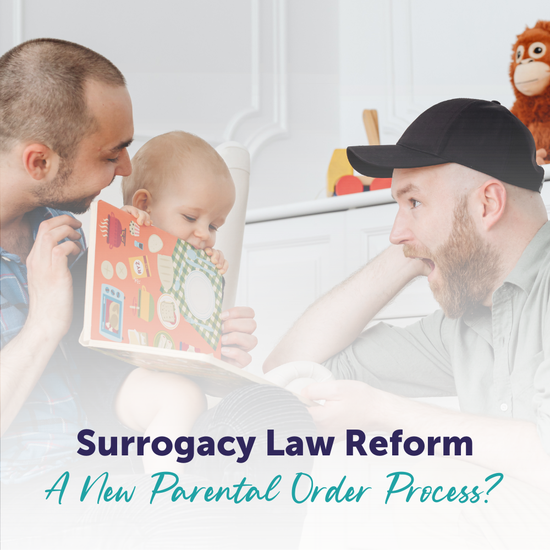For many couples, surrogacy can be their only option of having a baby. But if a couple uses a surrogate from abroad, they risk the chance of not being recognised as its legal parents.
According to latest news stories, couples who pay extra ‘fees’ to secure a foreign surrogate’s services are flouting British laws which restrict payments for surrogacy. In the UK, you can only pay ‘expenses reasonably incurred’, such as compensation for missing work, medical care and living costs, and this applies whether your surrogate comes from the UK or not.
However, there are growing numbers of couples who are using foreign surrogates and paying whatever is needed to get their child through the use of agencies who can find suitable egg donors and surrogates. But lawyers say this could impact on whether they get granted the parental order they need to become the child’s legal parents.
Because if you pay what a high court deems to be an unusual amount, whether these are genuine expenses and agency fees, these may not be authorised and as such any parental order application would fail. This would mean the child’s parents have no status under UK law, even though they may be recognised as the parents of the child in the country the surrogate is from.
Fertility lawyers are now predicting an even bigger increase in international surrogacy, following the change in the law which came into effect earlier this month, which allows unmarried and same-sex couples to apply for parental orders.
What is now needed is more clarity on this issue. Two cases ruled on by the UK high court were granted parental orders, even though the judge acknowledged that disproportionate expenses had been paid.
If foreign surrogacy is set to rise, then this matter needs to be sorted sooner rather than later. Using a surrogate is not ‘buying a baby.’ It is a chance for a couple who cannot carry a child naturally to have a baby – whether that’s because it’s a same-sex male relationship, or because the female partner cannot support a pregnancy through medical complications.
Sperm is donated from the couple, and is used either to fertilise the female partner’s egg, or a donor egg. The resulting embryo is then implanted into a surrogate, who basically carries the baby for the couple. She is never biologically linked to the baby in any way.
So it seems bizarre that parents who do have a natural biological link have to then apply for parental orders in the UK if their surrogate is from abroad. I can see why the rules are there – it should never be a case of ‘womb for rent, but only to the highest bidder’ – but there does need to be a clearer and better understanding of what going abroad for surrogacy can mean before the high courts are overrun with parental order applications.
Manchester Fertility can help guide you through the surrogacy process. For more information, call us on 0161 300 2737.
Last updated: 3rd September 2024







